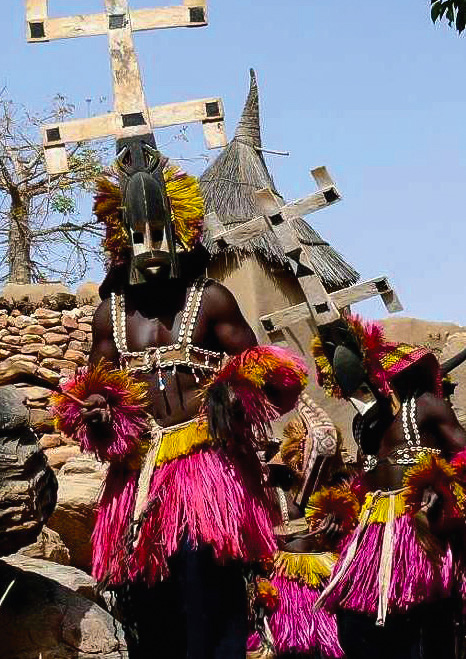
Tucked into the southeastern hills of Zimbabwe lies Great Zimbabwe, a monumental city built entirely of stone, without a drop of mortar — and yet still standing after nearly 1,000 years. But beyond its towering granite walls and mysterious conical towers lies a realm of secrets waiting to be unearthed. Great Zimbabwe, constructed between 1100 and 1450, is the ruins of the capital of the Kingdom of Zimbabwe. At its peak, Great Zimbabwe was inhabited by more than 10,000 people and was part of a trading network that extended from the Maghreb, through the eastern coast of Africa, and as far east as India and China. By 1450, the Kingdom of Zimbabwe was abandoned due to deforestation and the depletion of gold in local mines. The monument itself has three complexes: the Hill Ruins, the Great Enclosure, and the Valley Ruins. The most famous of these, the Great Enclosure, is[…]










